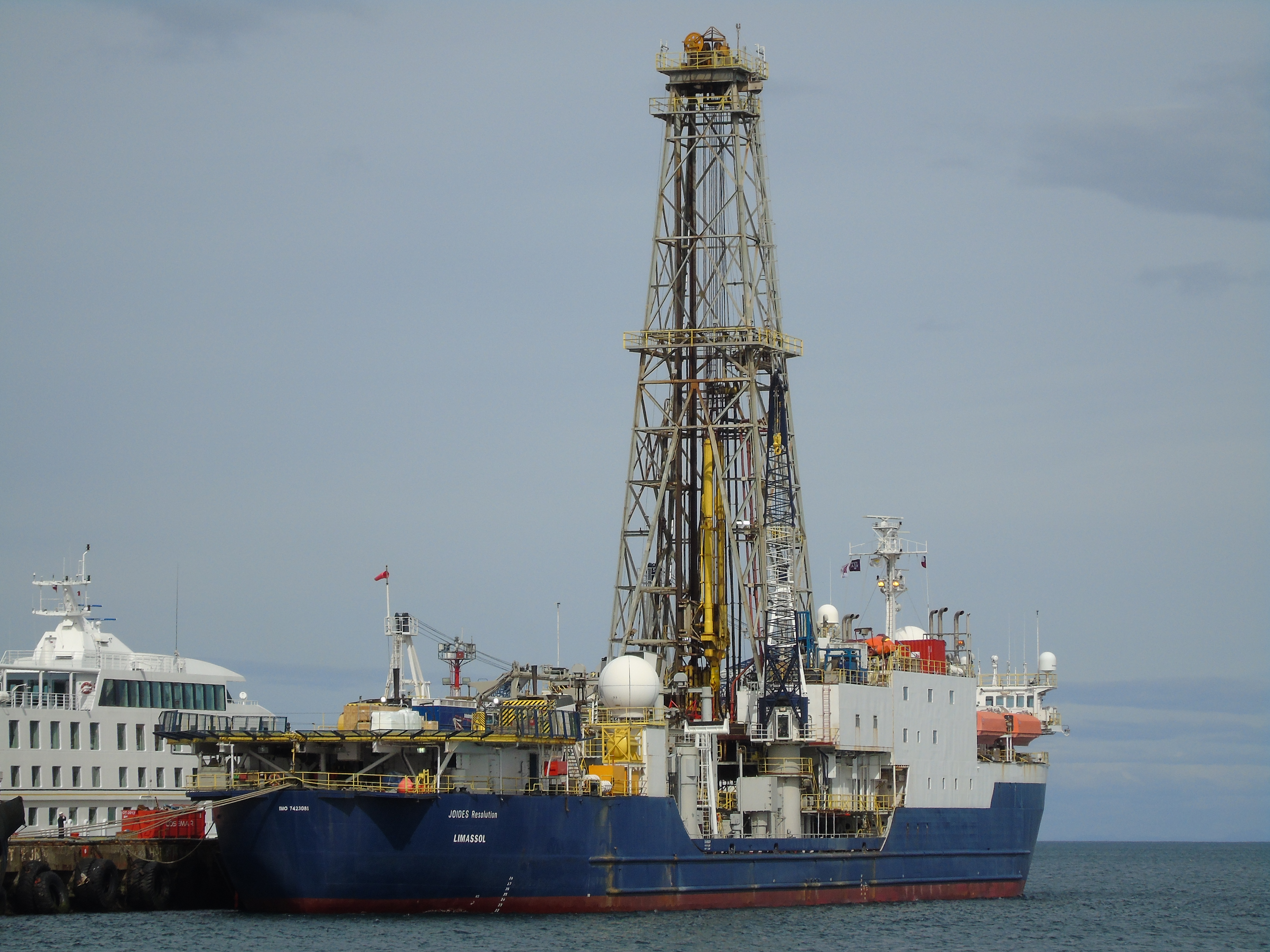International research expedition heads to West Antarctica
An international team of scientists is travelling to the Amundsen Sea – one of the most vulnerable sectors of the Antarctic Ice Sheet – to answer vital scientific questions about the history of the West Antarctic Ice Sheet (WAIS).
As part of the International Ocean Discovery Program (IODP), researchers will spend 8 weeks working on board the JOIDES Resolution – a scientific drill ship. During the research cruise, the multinational team aim to recover sediment cores from the seabed on the fringes of the continent. These will be the first drill cores deeper than 35 metres obtained in the region, with target depths ranging from 700 to 1200 metres.

Records hidden within the cores will help scientists reconstruct how the WAIS responded to past environmental change. This is crucial for predicting the future behaviour of the WAIS and its potential contribution to global sea-level rise.
British Antarctic Survey marine geologist and sedimentologist Dr Claus-Dieter Hillenbrand is one of two UK participants in the research cruise, known as IODP Expedition 379. Whilst on board, he will study the composition of the sediments to reconstruct past changes in the ice-sheet extent in the region and understand the associated oceanographic and climatic conditions.
Dr Hillenbrand says:
“It’s really exciting to be part of Expedition 379. The Amundsen Sea sector is a dynamic part of the Antarctic Ice Sheet. Previous reconstructions based on sea-level records and computer modelling suggest losses in this region may have led to a partial or total collapse of the WAIS in periods when the climate was warmer than today. So far, the ‘smoking gun’ providing evidence for WAIS collapses during these warmer periods is still missing, and we are going to search for it.
Using sedimentary records to examine how the Amundsen Sea sector has responded to climate variability in the past, is extremely important for modelling future changes to the Antarctic Ice Sheet and predicting the ice sheet’s contribution to global sea-level rise.”
The International Ocean Discovery Program (IODP) is an international research collaboration that coordinates seagoing expeditions to study the history of the Earth recorded in sediments and rocks beneath the ocean floor. IODP is funded by the U.S. National Science Foundation (NSF) and its international partners – the Australia-New Zealand IODP Consortium (ANZIC), the Brazilian Coordination for Improvement of Higher Education Personnel (CAPES), the European Consortium for Ocean Research Drilling (ECORD), the Indian Ministry of Earth Sciences (MoES), Japan’s Ministry of Education, Culture Sports, Science and Technology (MEXT), the Korea Institute of Geosciences and Mineral Resources (KIGAM), and the People’s Republic of China Ministry of Science and Technology (MOST).